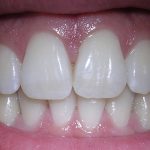PostExtraction Caffeine Fix: When is it Safe to Drink Coffee After Wisdom Teeth Removal?
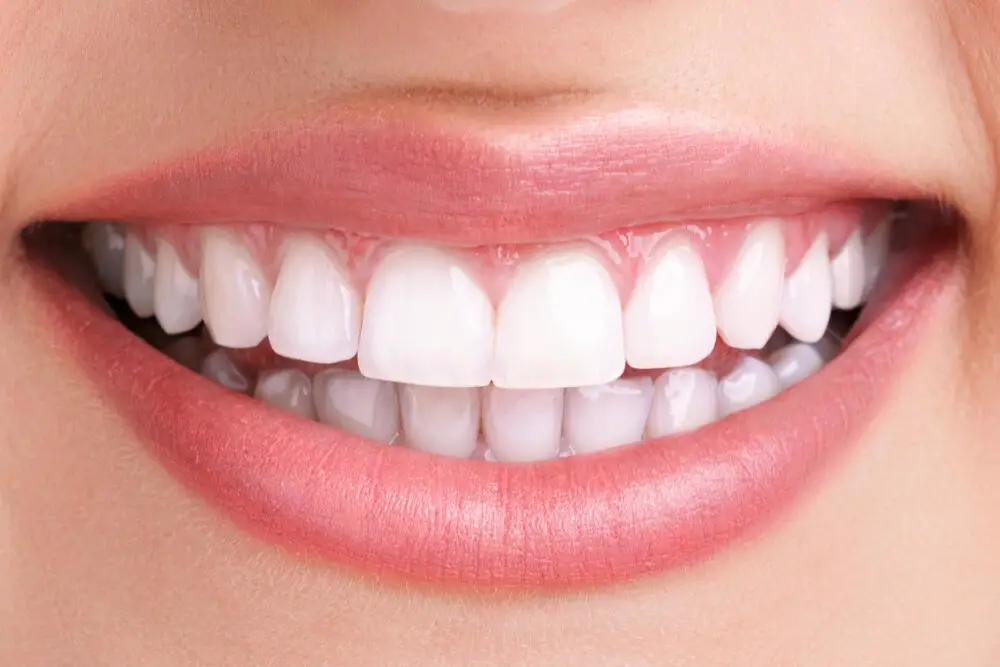
Wisdom teeth removal is a common dental procedure that involves the extraction of the third molars located at the back of the mouth. This procedure is usually done to prevent various dental problems such as overcrowding, infection, and decay. After the extraction, it is important to follow post-operative instructions to ensure proper healing and prevent complications. One of the common questions that patients ask is when it is safe to drink coffee after wisdom teeth removal. Coffee is a popular beverage that contains caffeine, a stimulant that can have effects on the body such as increased heart rate and blood pressure. It is also a diuretic, which means it can cause dehydration. For these reasons, dentists usually advise patients to avoid coffee and other caffeinated drinks for a certain period after wisdom teeth removal. However, the duration of this restriction may vary depending on various factors such as the patient’s age, overall health, and the extent of the extraction. In this article, we will discuss when it is safe to drink coffee after wisdom teeth removal and what factors to consider before doing so.
Wisdom teeth or third molars are the last set of teeth to erupt in the mouth, usually between the ages of 17 and 25. However, they often cause overcrowding, misalignment, and discomfort, and may need to be extracted. The extraction procedure involves making an incision in the gum tissue, removing the tooth, and stitching the wound to promote healing. After the surgery, it is crucial to follow the post-extraction care instructions to reduce the risk of complications such as dry socket, infection, and excessive bleeding. These instructions may include applying ice packs to the affected area, taking pain medication as prescribed, avoiding solid foods and hot beverages, and maintaining excellent oral hygiene by gentle brushing and rinsing with saltwater. Following these precautions, the healing process will be faster and more comfortable, and you can enjoy your favorite caffeinated drinks, such as coffee, after a few days.
For many coffee enthusiasts, caffeine has become an essential part of their daily routine. The importance of a caffeine fix cannot be denied, as it helps to increase alertness, improve mood, and boost productivity. However, excessive caffeine intake can lead to addiction, which can have adverse effects on health. Coffee addiction is a real issue that affects millions of people worldwide. It can cause withdrawal symptoms such as headaches, irritability, and fatigue, and can also lead to insomnia and anxiety. Therefore, it is crucial to consume caffeine in moderation and be aware of the potential risks associated with coffee addiction. In the context of post-extraction caffeine fix, it is essential to wait until it is safe to drink coffee after wisdom teeth removal to avoid any complications that may arise.
Healing Process After Wisdom Teeth Removal
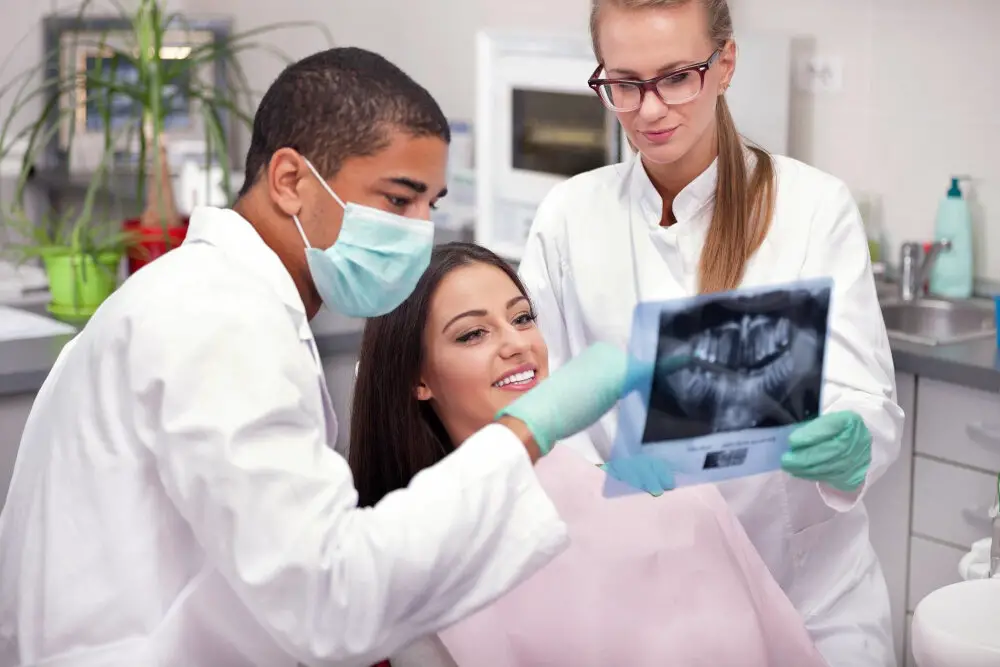
After wisdom teeth extraction, the healing process can take anywhere from a few days to a few weeks. The first few days after the procedure are the most crucial, as the body works to form blood clots and begin the process of tissue regeneration. It’s important to follow the post-operative instructions provided by your dentist or oral surgeon, which may include limiting physical activity, avoiding solid foods, and taking pain medication as needed. You may also need to use ice packs to reduce swelling and inflammation in the affected area. As the days progress, you may begin to feel more comfortable and able to resume your normal activities, though it’s important to continue to take care of the extraction site until it has fully healed. One of the most common questions people have after wisdom teeth extraction is when they can safely resume drinking coffee. While caffeine can provide a much-needed boost for many people, it’s important to wait until the extraction site has fully healed before consuming hot or cold beverages. This is because the heat or cold can irritate the area and potentially cause complications. Additionally, caffeine can interfere with the body’s natural healing processes, so it’s best to wait until you’ve fully recovered before indulging in your favorite caffeinated drink. Your dentist or oral surgeon can provide you with more specific instructions based on your individual situation.
After a tooth extraction, the healing process typically takes around 7-10 days. During this time, the body starts to form a blood clot in the socket where the tooth was removed, which protects the area as it heals. It’s important to follow post-extraction instructions carefully, such as avoiding smoking, drinking through a straw, and rinsing too vigorously, as these can dislodge the clot and delay healing. Pain and swelling can be managed with over-the-counter pain relievers and ice packs. Once the socket has fully healed, usually after two weeks, it’s safe to consume caffeine again, including coffee. However, it’s best to wait until the initial healing period is over to avoid any potential complications.
The healing process after a dental extraction or surgery can be a delicate time that requires proper care and attention. Some essential do’s during the healing process include maintaining good oral hygiene by brushing and flossing gently, eating soft foods, and taking prescribed medications as directed. It is also crucial to avoid smoking, using straws, or spitting during the healing process, as these activities can cause dry sockets, infections, or other complications. On the other hand, some don’ts include avoiding hard or crunchy foods, spicy or acidic foods, and alcohol, which can irritate the healing tissues. Additionally, engaging in strenuous physical activities or excessive talking can also slow down the healing process. By following these do’s and don’ts, patients can ensure a speedy and successful recovery after dental extraction or surgery.
Blood clot formation is a natural biological process that occurs when the body tries to repair damage to blood vessels. When a blood vessel is injured, platelets rush to the site of the injury, clump together, and form a plug to stop the bleeding. This plug is then reinforced with a mesh of protein fibers called fibrin. The resulting blood clot helps to prevent excessive bleeding and provides a scaffold for new tissue to grow. In the context of wisdom teeth removal, the formation of a blood clot is crucial to the healing process and helps to protect the extraction site from infection and further injury. It is important to follow post-operative instructions carefully, including avoiding activities that could dislodge the blood clot, such as drinking hot beverages or using straws.
Caffeine and its Effects on the Healing Process

Caffeine is a stimulant that is found in many beverages, including coffee, tea, energy drinks, and soda. While caffeine is known for its ability to boost energy levels and improve mental alertness, it can also have an impact on the healing process. Some studies have suggested that caffeine can interfere with the body’s ability to heal, particularly after surgery or injury. When it comes to the healing process after a tooth extraction, it is generally recommended that patients avoid consuming caffeine for at least 24 hours following the procedure. This is because caffeine can cause the blood vessels to constrict, which can prevent the body from getting the nutrients and oxygen it needs to heal properly. Additionally, caffeine can also increase heart rate and blood pressure, which can lead to complications during the healing process. While it may be tempting to reach for a cup of coffee or tea to help alleviate pain or discomfort after a tooth extraction, it is important to wait until the body has had a chance to begin the healing process before consuming caffeine.
Caffeine has been shown to have both positive and negative effects on the healing process. On one hand, caffeine has been found to increase alertness and reduce pain, which can help patients feel better after a tooth extraction. However, caffeine can also interfere with the body’s ability to absorb calcium and other nutrients that are essential for bone and tissue repair. As a result, excessive caffeine consumption could potentially slow down the healing process and prolong recovery time. Therefore, it is recommended that patients limit their caffeine intake and wait a few days after wisdom teeth extraction before consuming coffee or other caffeinated beverages. This will give the body time to heal and reduce the risk of complications.
Caffeine is a commonly used substance to manage postoperative pain. It is known to have analgesic effects that can help alleviate pain and reduce the need for stronger pain medications. Caffeine works by blocking the action of adenosine, a chemical that contributes to pain sensation and inflammation. It can also improve mood and increase alertness, which can help patients cope with pain and discomfort after surgery. However, it is important to note that excessive caffeine intake can have negative effects on the healing process and may interfere with the body’s ability to recover. Therefore, it is important to consult with a healthcare provider to determine the appropriate amount of caffeine consumption for pain management after surgery.
Caffeine, a stimulant found in coffee and other beverages, can have a negative impact on sleep and recovery after wisdom teeth extraction. Caffeine disrupts the natural sleep cycle by blocking adenosine, a chemical that promotes sleep and relaxation. This can lead to difficulty falling asleep and staying asleep, which can further prolong the healing process. Additionally, caffeine can also interfere with the body’s ability to absorb calcium, an essential nutrient for bone health and healing. Therefore, it is important to limit or avoid caffeine consumption for at least 24-48 hours after wisdom teeth removal to ensure proper rest and recovery.
When is it Safe to Drink Coffee After Wisdom Teeth Removal?
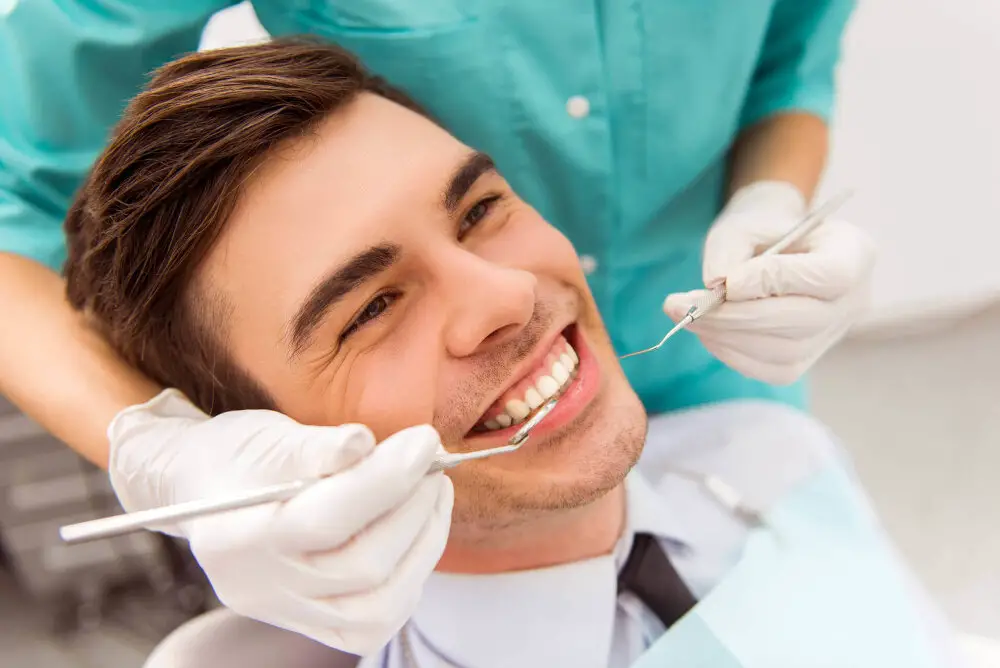
Having your wisdom teeth removed is a common dental procedure that many people undergo. It is crucial to follow the post-operative instructions to ensure a speedy and healthy recovery. One of the most frequently asked questions by patients is when it is safe to drink coffee after wisdom teeth removal. While it is understandable to crave caffeine, it is essential to heed your dentist’s advice and wait until it is safe to enjoy your favorite beverage. After wisdom teeth removal, it is recommended to avoid hot beverages for the first 24 hours and stick to a soft or liquid diet. Drinking hot coffee too soon can cause bleeding, pain, and prolong the healing process. Additionally, coffee can cause dehydration, which can lead to dry socket, a painful condition that occurs when the blood clot that forms in the socket is dislodged. It is best to wait at least 72 hours after the procedure before drinking coffee. However, it is crucial to follow your dentist’s advice and listen to your body. If you experience any pain or discomfort, it is best to avoid coffee altogether until you have fully healed.
After wisdom teeth extraction, it is recommended to wait at least 24 hours before consuming any hot liquids, including coffee. This period allows the blood clot to form and stabilize, preventing dry socket, a painful condition that results from the clot’s dislodgement. However, patients should also consider their individual healing process and follow their dentist’s instructions. Moreover, drinking cold or lukewarm coffee, avoiding straws, and swishing the mouth gently with saltwater after coffee consumption can reduce the risk of complications and aid in healing. Remember that a little patience can go a long way in ensuring a smooth and successful recovery.
The healing process after a wisdom teeth removal can be influenced by various factors, such as age, overall health, and adherence to post-operative instructions. Smoking, drinking alcohol, and consuming hot or spicy foods can also delay healing and increase the risk of complications. In addition, caffeine tolerance may impact the timing of when it is safe to drink coffee after the procedure. People who regularly consume high amounts of caffeine may experience more severe withdrawal symptoms, such as headaches and fatigue, if they abstain from caffeine for an extended period. It is important to listen to your body and follow your dentist’s guidance to ensure a smooth and successful recovery.
After undergoing extraction, it is essential to be cautious when reintroducing caffeine into your diet. Firstly, it is crucial to wait for at least 24 hours after the procedure to avoid any complications such as dry socket. Secondly, start with small amounts of caffeine and gradually increase your intake as your body adjusts. Avoid consuming highly caffeinated beverages such as energy drinks and stick to mild options such as tea or coffee. It is also recommended to avoid adding sugar or cream to your beverage as it may increase the risk of infection. Lastly, listen to your body and if you experience any discomfort, reduce your caffeine intake or stop consuming it altogether until fully healed. By following these tips, you can safely enjoy your caffeine fix after extraction.
Alternatives to Coffee for a Caffeine Fix
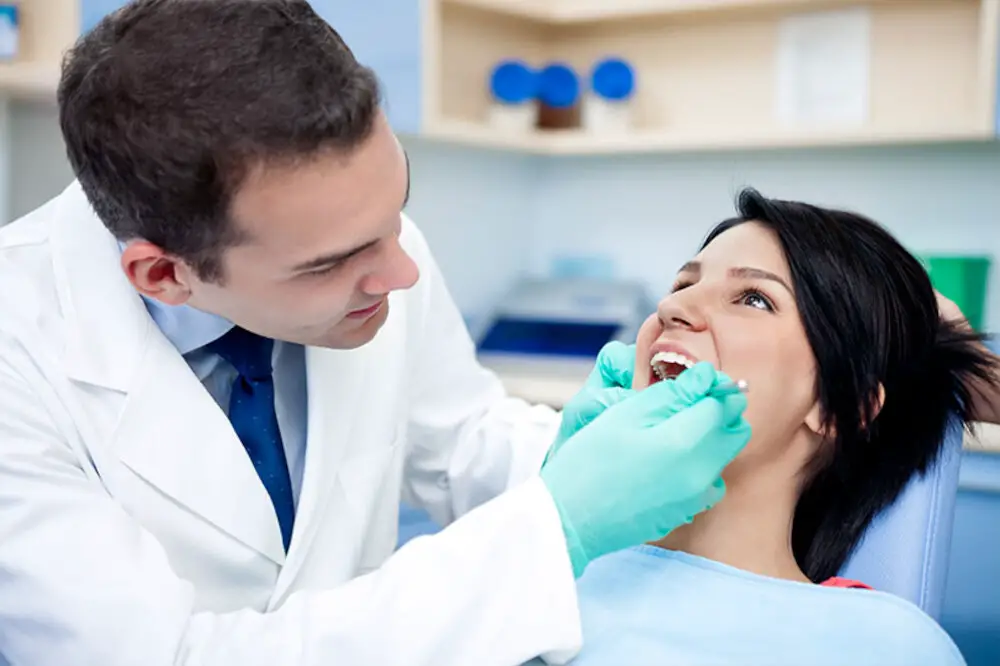
While coffee is a popular source of caffeine, there are many alternatives available for those who have recently undergone wisdom teeth removal and cannot consume hot beverages. One great option is green tea, which contains less caffeine than coffee but still provides a boost of energy. Additionally, green tea contains antioxidants that can help to reduce inflammation and promote healing in the mouth after surgery. Another alternative to coffee is yerba mate, a traditional South American beverage that is known for its energizing effects. Yerba mate provides a smooth, sustained release of caffeine that can help to improve focus and mental clarity without the jitters that can come with coffee. For those who prefer a sweeter taste, a fruit smoothie can provide a refreshing caffeine boost. Using ingredients such as banana, mango, or berries, a smoothie can be a great source of energy and nutrients. Adding ingredients such as chia seeds or flaxseed oil can also help to boost the nutritional value of the drink. Finally, for those who prefer a fizzy drink, kombucha can provide a caffeine boost while also supporting digestive health. Made from fermented tea, kombucha contains a small amount of caffeine and is also rich in probiotics that can help to support the immune system and promote gut health.
While coffee is off-limits for a few days after wisdom teeth extraction, there are other sources of caffeine that are safe to consume. Tea, for example, contains caffeine but is less likely to cause irritation or discomfort in the mouth. Herbal teas, such as peppermint or chamomile, are also a soothing alternative. Energy drinks and sodas are also options, but it’s important to pay attention to the sugar content and choose sugar-free or low-sugar options. Chocolate and cocoa powder are additional sources of caffeine, but they should be consumed in moderation as they can be high in sugar and fat. Overall, there are plenty of options for getting a caffeine fix post-extraction without compromising your healing process.
Alternative caffeine sources offer a range of benefits and drawbacks. On the positive side, they can provide a caffeine boost without the risks associated with coffee, such as staining teeth or causing acid reflux. Additionally, alternative sources can offer a wider range of flavors and caffeine content, allowing consumers to customize their experience. However, there are also drawbacks to consider. Some alternative sources, such as energy drinks, can contain high levels of sugar or other ingredients that may not be healthy in excess. Additionally, caffeine in alternative sources may be less controlled and regulated than in coffee, which could lead to unpredictable or unsafe effects. Ultimately, it is important to consider the potential benefits and drawbacks of each option before making a decision on post-extraction caffeine sources.
If you’re looking for caffeine-free alternatives to coffee after wisdom teeth removal, there are plenty of options to choose from. One option is herbal tea, which can be found in a variety of flavors and can be enjoyed hot or cold. Another option is hot chocolate, which can provide a comforting and soothing drink without the caffeine. For those who prefer a cold beverage, smoothies or fresh fruit juices can be a refreshing alternative. Finally, for a more savory option, bone broth or soup can offer a warm, nourishing drink that can also help with the healing process. With so many choices available, there’s no need to sacrifice taste or comfort while recovering from wisdom teeth removal.
After a tooth extraction, the healing process is crucial to prevent any complications. The healing process involves the formation of a blood clot, which acts as a protective layer over the extraction site, promotes tissue growth, and prevents infection. Any disruption to the blood clot can result in a painful condition called dry socket, which can significantly slow down the healing process. Therefore, it’s essential to avoid any activities that can disturb the blood clot, such as smoking, drinking from a straw, or consuming hot liquids. Caffeine, known for its stimulating properties, can also impact the healing process. Caffeine can increase heart rate and blood pressure, leading to increased blood flow and potentially disrupting the blood clot. Thus, it’s best to avoid caffeine for at least 24 to 48 hours after the extraction to ensure a smooth healing process.
After wisdom teeth removal, it is crucial to be cautious with caffeine intake to ensure proper healing and avoid complications. It is recommended to wait at least 24 hours after the procedure before consuming any caffeine. When resuming caffeine intake, start with small amounts and gradually increase to normal levels. It is also recommended to avoid hot beverages as they can dissolve the blood clot and delay healing. Instead, opt for cold or lukewarm beverages. Additionally, it is essential to stay hydrated and maintain a nutritious diet to aid in the healing process. Following these recommendations will help ensure a smooth recovery from wisdom teeth removal while still enjoying your caffeine fix.
Post-extraction care is crucial for a speedy recovery after wisdom teeth removal surgery. Neglecting proper aftercare can lead to complications such as dry socket, infection, or prolonged healing time. It is essential to follow all the instructions given by the dentist, including taking prescribed medication, avoiding strenuous activities, and sticking to a soft food diet. Maintaining good oral hygiene, such as gently brushing and rinsing with saltwater, can also aid in the healing process. Additionally, it is crucial to avoid drinking caffeine, including coffee, for at least 24 hours after surgery to prevent interference with the blood clot formation. Overall, post-extraction care is a crucial step in recovering from wisdom teeth removal and should not be taken lightly.
Conclusion
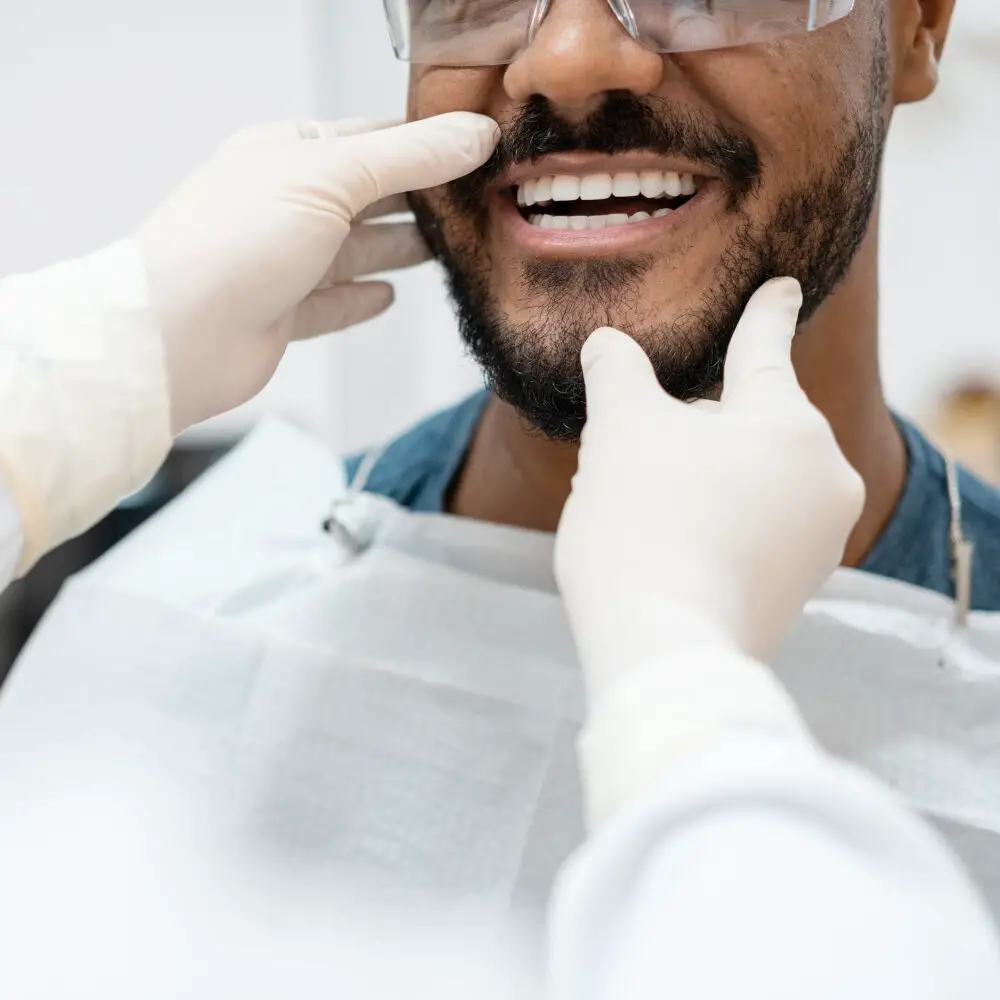
In conclusion, the decision to drink coffee after wisdom teeth removal should be made with caution and consideration of individual healing progress. While caffeine may provide a temporary fix for post-extraction discomfort, it is recommended to wait at least 24-48 hours before consuming any hot liquids or solids. Drinking coffee too soon may delay the healing process, increase the risk of complications, and prolong recovery time. It is best to consult with a dental professional and follow their instructions for a safe and speedy recovery. Patience and proper post-operative care are key to ensuring optimal healing and a healthy, pain-free mouth.


